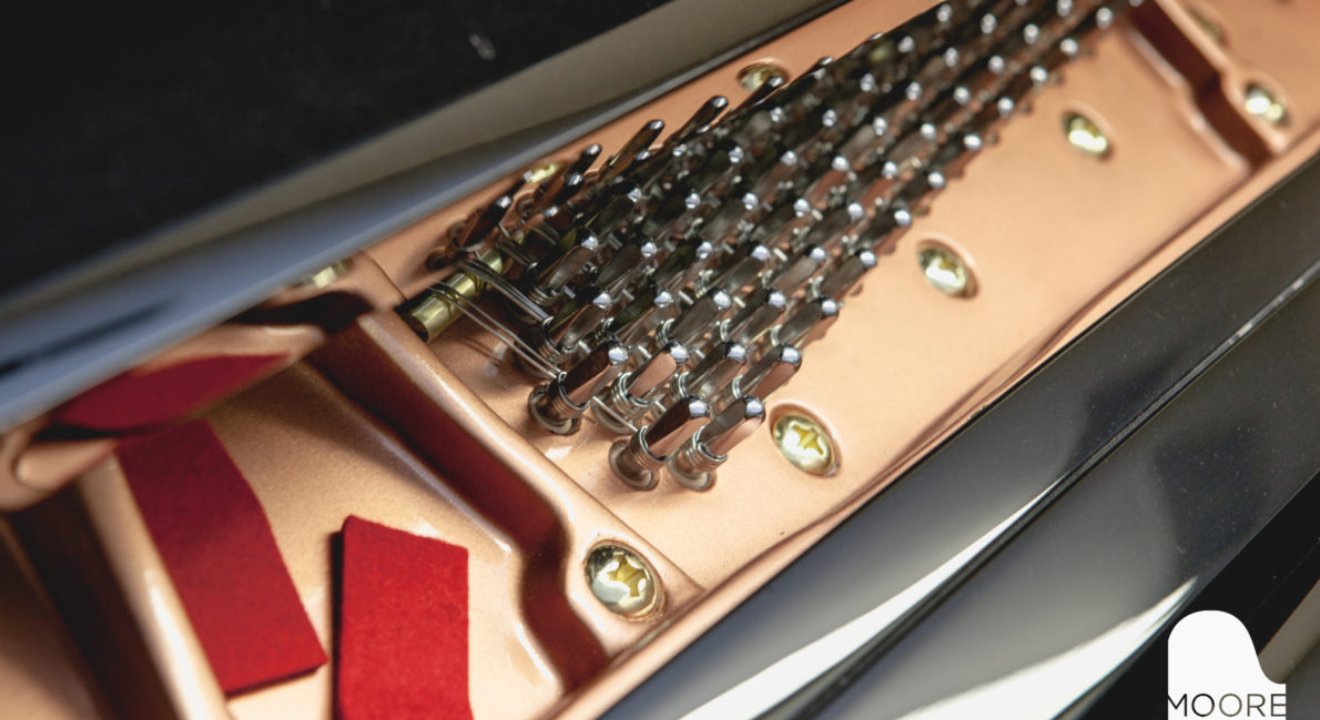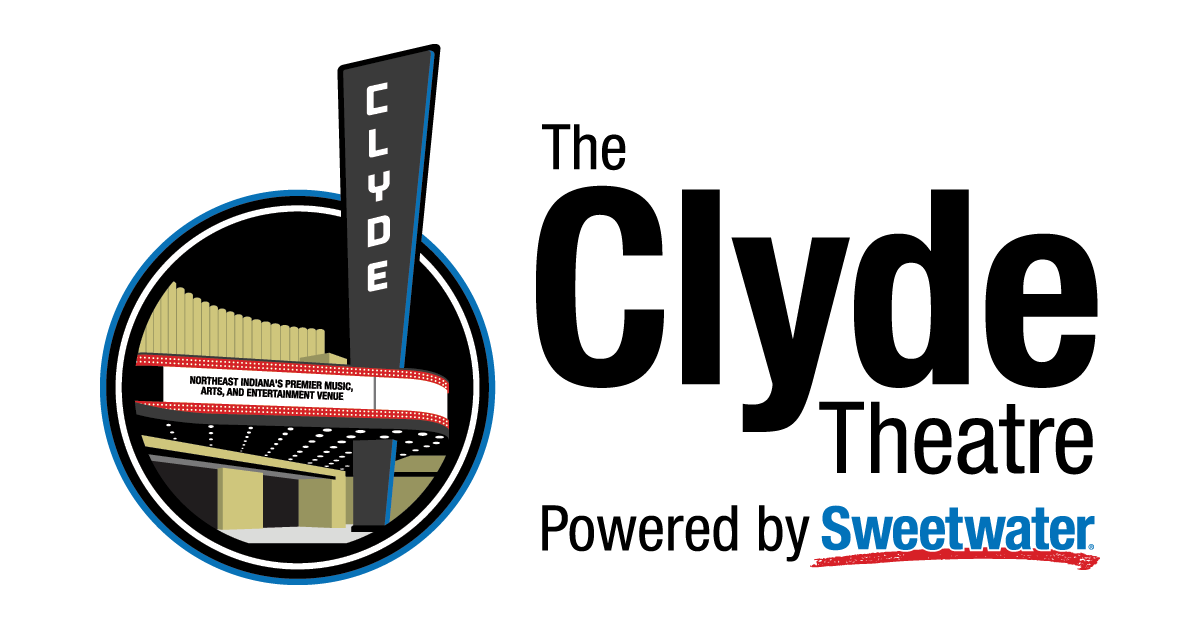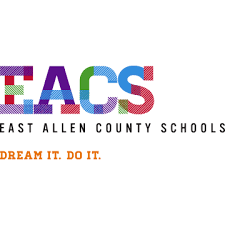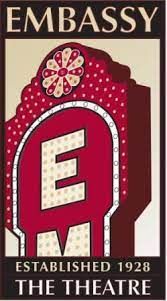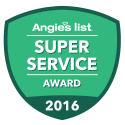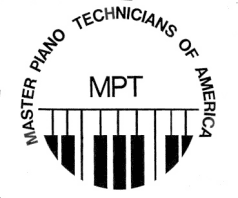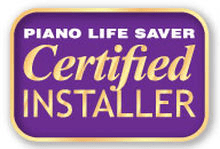Back-to-School Piano Practice Tips
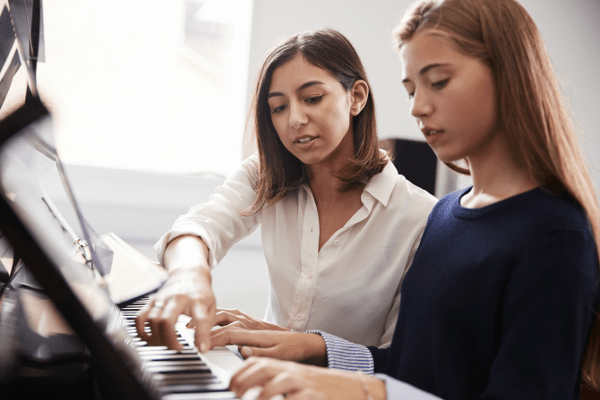 Summer can be a much-needed break from routine and constant demands on time and energy. It’s nice to have a few weeks of a slower pace and more relaxed schedules. But, when summer comes to a close, it probably feels challenging to get back into your regular routine of work, school, and music practice after a few weeks or months off.
Summer can be a much-needed break from routine and constant demands on time and energy. It’s nice to have a few weeks of a slower pace and more relaxed schedules. But, when summer comes to a close, it probably feels challenging to get back into your regular routine of work, school, and music practice after a few weeks or months off.
Here are some tips and tricks to get back into your groove of piano lessons and practice without regressing too much.
Be Patient
Many students return from summer break rejuvenated and excited to continue their lessons. Some people become frustrated and overwhelmed as they return to lessons and school.
Students forget some of what they learned because they didn’t practice and reinforce it. This primarily happens to new skills learned just before the break, simply because there wasn’t much time to practice and master those skills.
As you or your students get back into the rhythm of piano lessons, practicing, and school (or any other routine), be patient. You might feel a little overwhelmed by a sudden return to structure and routine. Give yourself or your students permission to be tired for the first week or two.
Playing the piano may feel a bit awkward for the first few practices and lessons. Explain to your children (or remind yourself) that it’s reasonable to spend the first few lessons dusting off the cobwebs, reviewing, and remembering what you learned. It’s normal to need to refresh your memory and remind your muscles how to play.
Ease Back In
In a perfect world, people would keep up their piano skills throughout the summer with short practice sessions a few times a week. But summer holidays are full of visiting relatives, trips to the beach, and summer camps that quickly crowd out piano practice.
Willpower is like a muscle that must gain strength. Starting small helps you regain your willpower and increases the likelihood that you will succeed at reestablishing a good piano practice and lesson routine.
Ease back into practicing. Instead of returning to the full allotted time right away, start with half or two-thirds of the practice time. If you or your child typically practice for 30 minutes each day, ease back into piano practice with 15 minutes each day for the first few days. This will help keep your mind fresh, ward off frustration, and help you feel less overwhelmed than if you tried jumping in right where you left off.
Allow them to start with songs they mastered or really enjoy playing. This will boost their confidence and let their fingers and mind remember how to play.
Give Yourself All the Tools for Success
As you return to piano lessons and practice, take the time to get your piano tuned and professionally cleaned . Practicing on a piano that is out of tune is not very enjoyable (for the pianist or the audience).
The end of summer is also an excellent season to have your piano tuned as fall weather approaches. Pianos hold their tune better when the weather is mild, and it’s good practice to have your piano serviced after the hot, humid summer weather.
Make sure your practice area is clean and inviting before your first lesson. Organize your music and treat yourself to a new music book or some other small “back to piano lessons” gift.
In many ways, our environment encourages our behavior. Make it as easy and enjoyable as possible to practice the piano. Set the music on the stand. Make sure the light bulbs in all the lights work. Update, change, or freshen up whatever you feel will make it easier to get back into the habit of practicing the piano.
Choose a Specific Piano Practice Time and Motivate Creatively
Consistency and routine matter, especially for children who thrive on schedules and structure. Agree together on the best time to practice, whether it’s right after school, before dinner, or wherever it fits into your schedule. Allow children to have some input, so they begin to take ownership of their piano lessons.
Create an encouraging way to log progress. Whether it’s coloring in each day on a calendar, putting stickers on a chart, or earning candy, track your daily progress and use positive reinforcements. See how many days in a row you can practice.
If a friend also takes piano lessons, create an accountability and encouragement group and use fun competitions (like a “100 days of practice” challenge or agree that the first person to skip a piano practice must buy the other person their favorite snack item).
Remove Distractions
Remove as many distractions as possible from the practice area. Put away cell phones and other electronic devices. Turn off the television, even if you cannot hear it from the practice area. Uninterrupted practice time helps your brain and body become more immersed in playing the piano. This will help you improve more quickly and enjoy playing the piano more.
Variety is the Spice of Life
There are countless benefits to rhythm and routine in our daily lives but practicing the same way every day can become monotonous and boring. Avoid hitting a plateau by changing the practice techniques from time to time.
It really doesn’t matter what you change in your practice routine as long as you change something . Try practicing your scales at the end of practice instead of the beginning. Play a song one hand at a time instead of both hands. Adding a little variety to your practice routine can help you master new techniques faster and learn more quickly because you are teaching your mind to adapt easily to new rhythms and feedback.
Remember, playing the piano is meant to be fun, rewarding, and challenging. As everyone returns to regular schedules after a fun summer, try to keep the fun going by making piano practice times relaxing and enjoyable for everyone. Don’t be afraid to try new things until you find the practice routine and sources of motivation that work best for you.
The post Back-to-School Piano Practice Tips appeared first on Moore Piano.
The Unmatched Piano Blog
